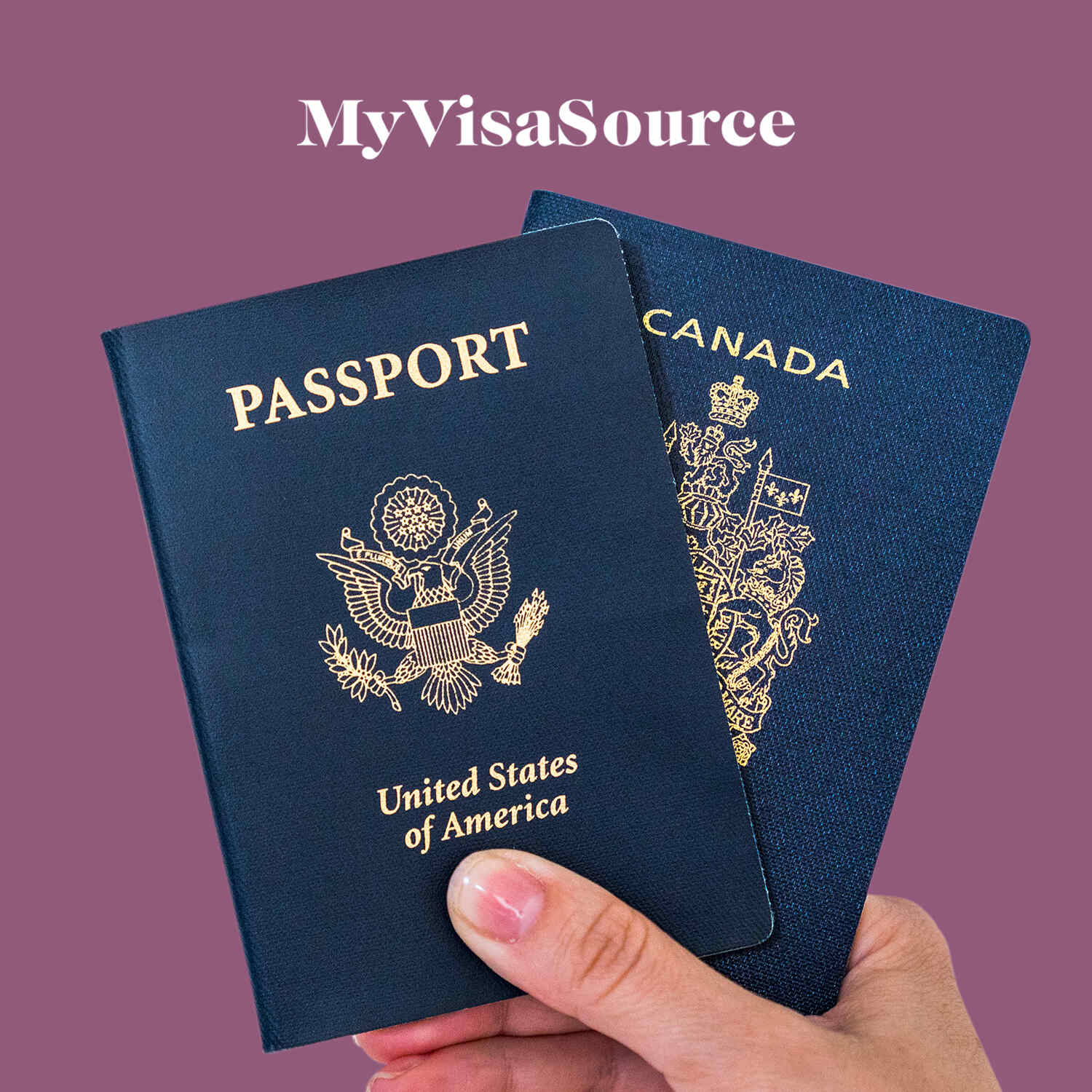Dual Citizenship is a very common concept in Canada. [Sometimes referred to as Second Passports when acquired by investment in a country that offers]. Almost 1 in every 20 Canadian holds dual citizenship with more than 1 passport. However, despite it being a common concept, Canada has no official certificate or document that recognizes dual citizenship. Canada simply allows foreign nationals to keep their citizenship in their home country.
What Is the Criteria for Dual Citizenship?
The criteria for dual citizenship varies based on the country you belong to. For example, countries like Ireland and Italy don’t require you to move to the country to acquire citizenship. Anyone with ancestors from these countries is free to acquire citizenship. Italy even allows you to apply for an ancestral passport.
However, in countries like Egypt, you will be required to inform the concerned authorities about your intent to become a dual citizen. This may even get you prohibited from certain occupations in Egypt, for example, being unable to serve in the police, military, or the parliament. It is the same in Pakistan. In addition to this, Pakistani citizens will also lose their voting rights if they apply for dual citizenship.
What Are the Benefits of Dual Citizenship?
Retaining citizenship in your home country can prove to be of real advantage in many cases. For example, you will not require a visitor visa to travel to your home country. However, dual Canadian citizens are still required to present their Canadian passport to board a flight to Canada, except if they are traveling from the US to Canada.
Before November 2016, dual citizens from visa-exempt countries were not required to present their Canadian passport when entering Canada. However, that has changed now. Dual citizens from visa-exempt countries must apply for an Electronic Travel Authorization (ETA) before traveling to Canada. They must also meet the basic requirements of being admissible to Canada, along with having sufficient financial resources and proper identification documents.
Dual citizenship allows Canadians to reside in another country for as long as they want, buy real estate there, open a bank account and access the public education and health services available without jeopardizing their Canadian citizenship. Dual citizenship is very helpful in times of civil unrest or other serious problems happening in your home country as it opens up an option to easily move.
What Are the Downsides of Dual Citizenship?
As there are many benefits, there are several disadvantages of dual citizenship. A dual citizen will be subjected to laws and regulations in both countries with regards to military service, paying taxes and providing for public education. It is also a problem for individuals working in government positions that require a high-level security clearance.
Dual citizenship also presents a unique problem as Canadian authorities might be unable to help Canadians in countries where they are also citizens. For example, if you get into trouble in a country where you are a citizen, then the local authorities could deny you access to Canadian consular services.
Besides, several countries do not allow dual citizenship. These countries include Andorra, Austria, Bahrain, China, El Salvador, Estonia, Germany, India, Indonesia, Japan, Lithuania, Luxembourg, Malaysia, Montenegro, Saudi Arabia, the Netherlands, Norway, Poland, Singapore, Sri Lanka, Tanzania, Thailand, Ukraine and the United Arab Emirates (EAU).



















